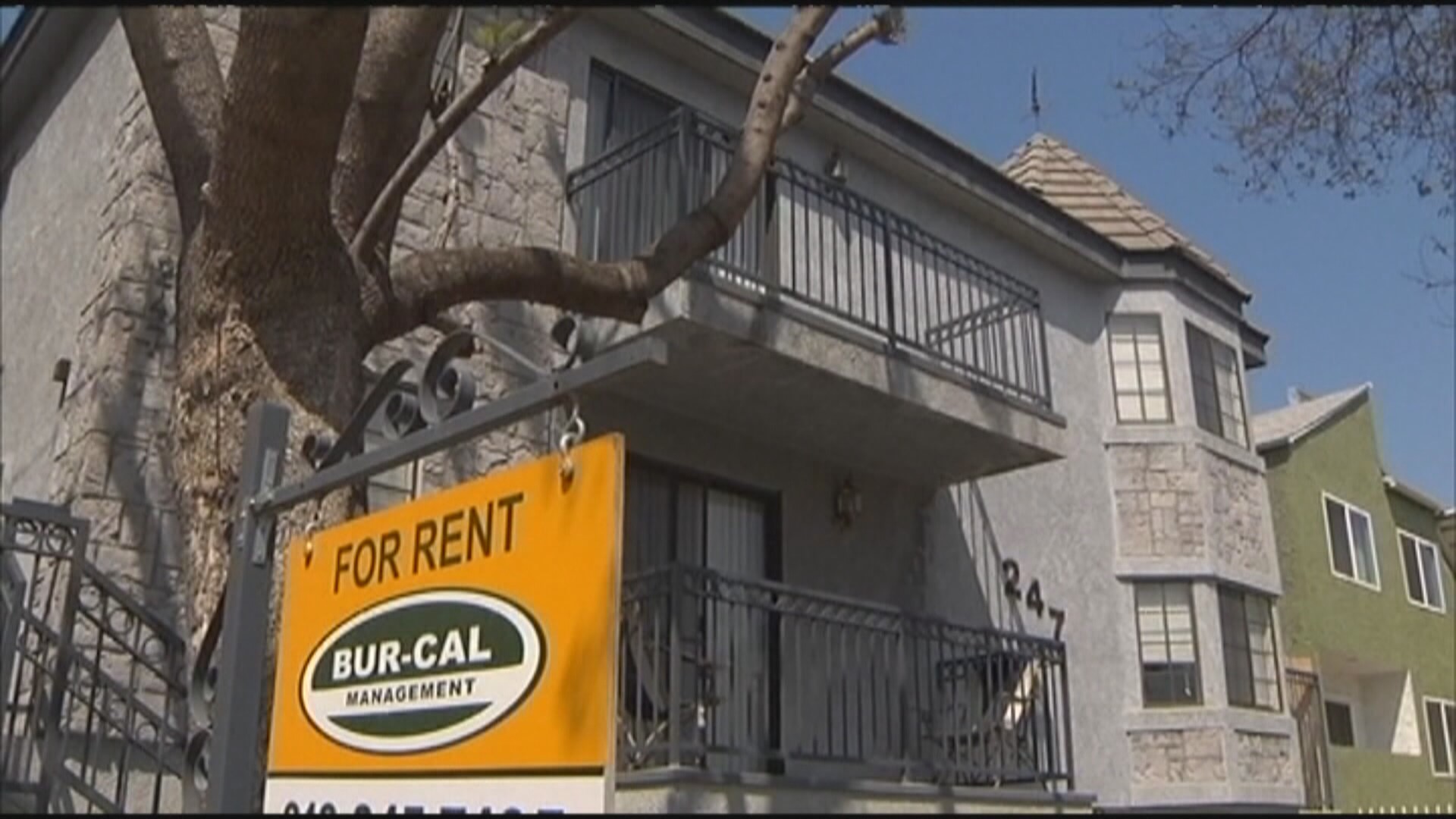SACRAMENTO, Calif. — California State legislators passed a rent control bill Sept. 11, around a month after Sacramento passed their own laws about rent control, joining around 20 other cities.
Sacramento's tenant protection law differs from the Tenant Protection Act in a few ways, which causes some concern as to whether cities will have to change and adapt to the state law.
Jen Kwart, a spokesperson for the Tenant Protection Act Principal Author Assemblymember David Chiu, said that the assemblymembers tried to write the bill in a way that would not cause cities that have tenant protection laws.
"AB 1482 shouldn't limit the cities that already have laws regarding rent control," Kwart said.
Regardless, the City of Sacramento is looking into whether there will be changes made to the city's laws on rent control because of the potential new law, according to Jaycob Bytel, a spokesperson for Mayor Darrel Steinberg.
"The city is currently doing analysis on whether anything needs to be changed," Bytel said.
Here are examples of where Sacramento's law and the state's assembly bill differ:
Rate of increases
The City of Sacramento's law makes it so that landlords cannot raise a tenant's rent by more than 6 percent.
The Tenant Protection Act does not allow landlords under the act to raise the rent by more than 5 percent.
The age of the building
Because of the 1999 Costa-Hawkins Rental Housing Act, cities could not apply rent control laws against rental properties that are built after Jan. 1, 1995.
The new Tenant Protection Act would allow for rent control on buildings built prior to 15 years from the current year. For example in the year 2020, places that were rental properties before 2005 would have to follow the Tenant Protection Act.
Evictions
The City of Sacramento's law states that after a tenant has lived at the property for a year a landlord can only evict them for:
- Failure to pay rent
- Breach of the rental housing agreement
- Criminal or nuisance activity
- Failure to give access
The state's Tenant Protection Act allows for a landlord to evict a tenant for:
- Failure to pay rent
- Breach of the rental housing agreement
- Criminal or nuisance activity
- Failure to give access
- Subletting in violation of their lease
- Using the premises in violation of the lease
- Failure to vacate after a terminated lease
RELATED:

